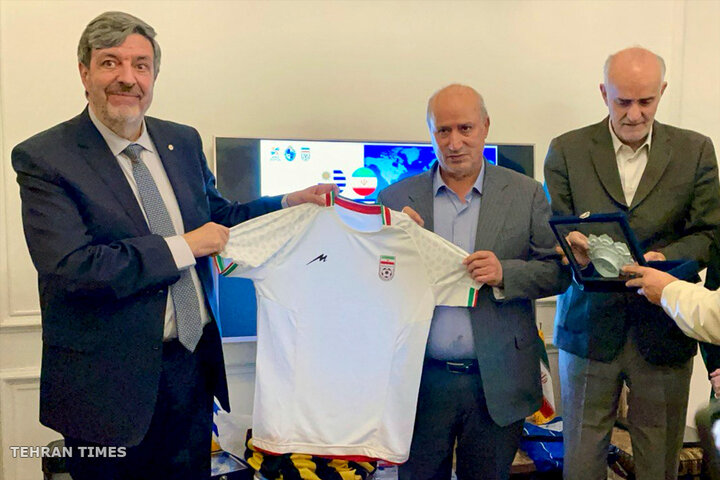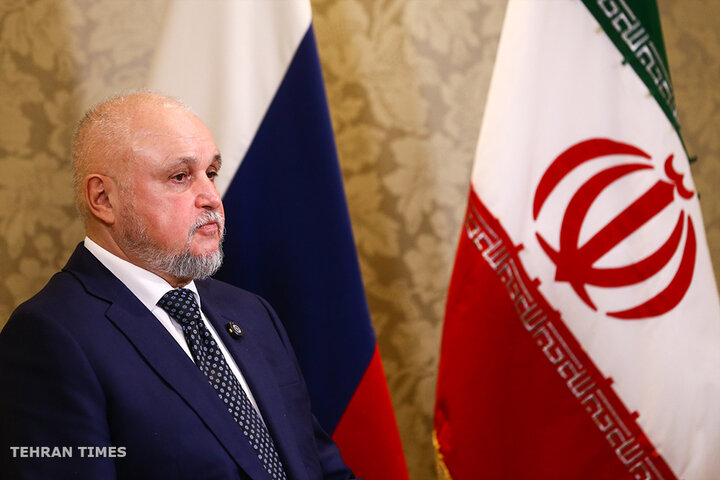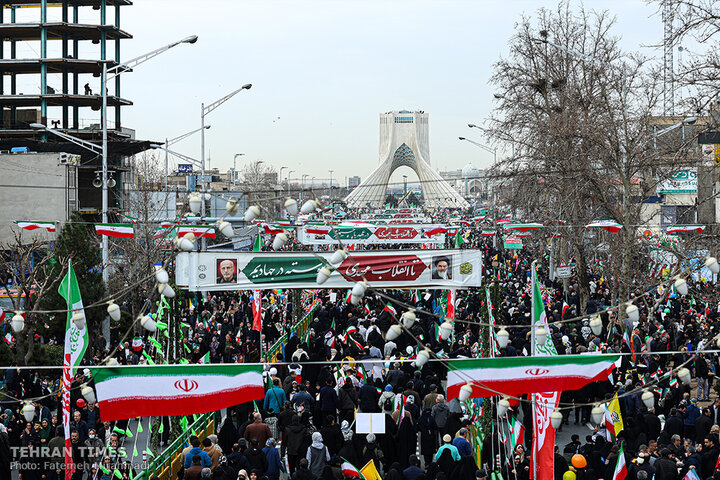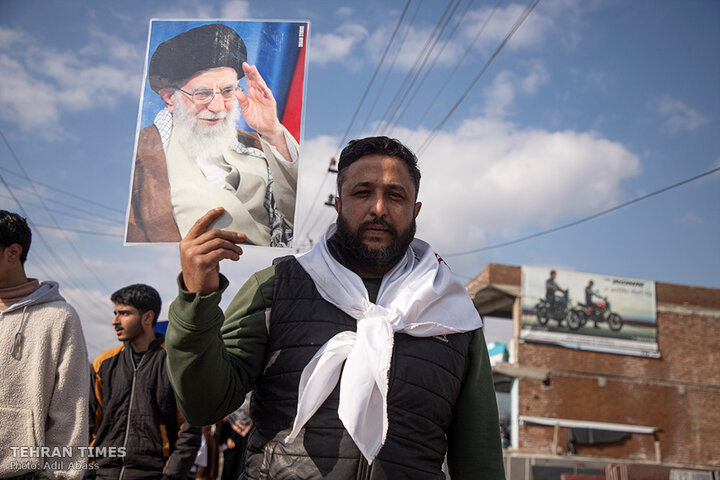-
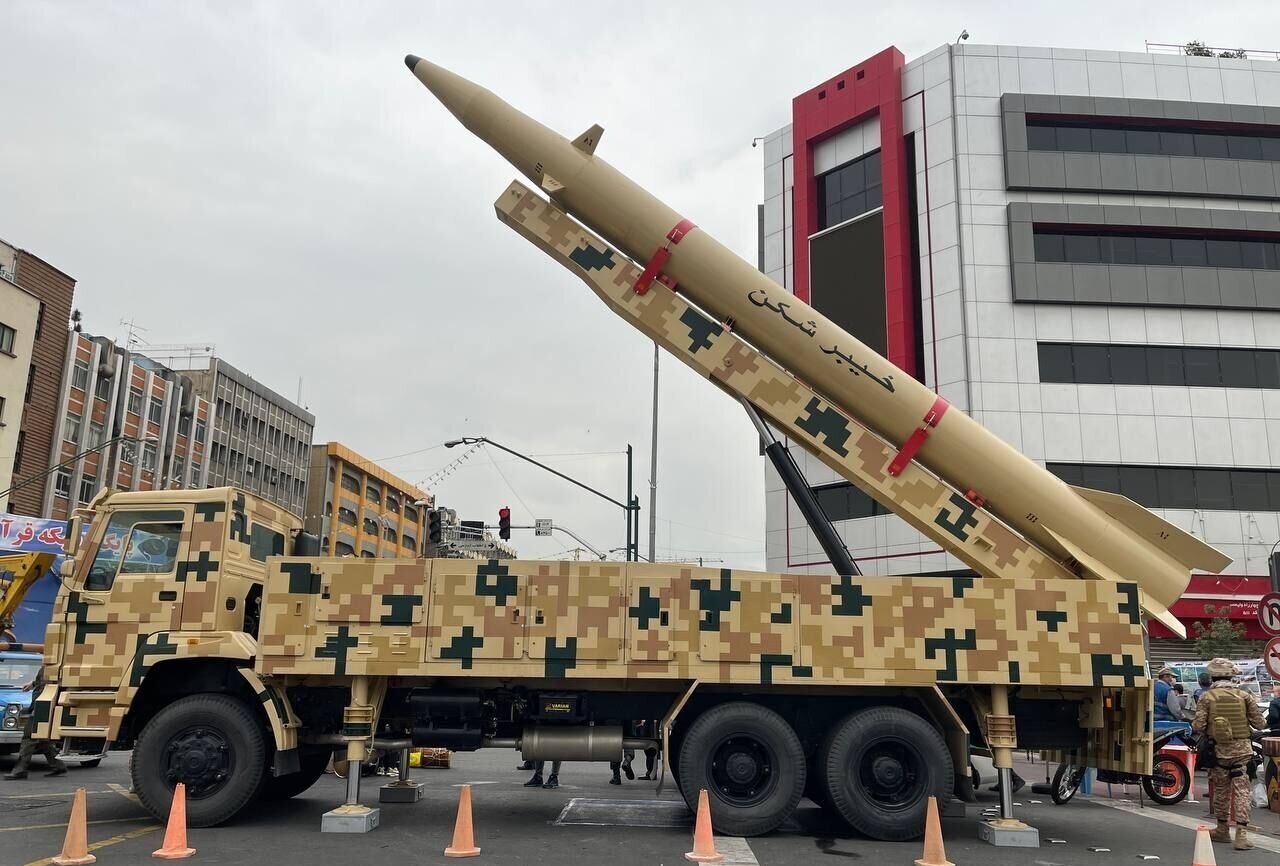 2026-02-20 22:45
2026-02-20 22:45
By Soheila Zarfam
A war US could start—but not control
A look at military responses Tehran is likely to employ if US makes talks collapse again
TEHRAN – When, at 3:30 AM on Friday, June 13, 2025, Israel and the United States began a bombing campaign against Iran—just days ahead of a sixth round of nuclear negotiations—I had just fallen asleep in my Tehran apartment. A few hours earlier, I had been speaking with a colleague who told me she believed the U.S. was about to attack Iran.
-

Iran exists today because of its missiles, says former UN weapons inspector
As Washington once again raises the prospect of confrontation with Tehran, questions about U.S. intentions—and the limits of American power—have returned to the center of debate in West Asia. In an exclusive interview with the Tehran Times, Scott Ritter, a former UN weapons inspector and U.S. Marine intelligence officer, discussed how Washington views talks with Iran, what it hopes to achieve with the country, as well as the growing risk of military escalation.
-
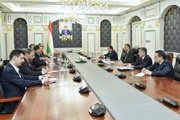
By Ebrahim Fallahi
Tehran, Dushanbe set $1b trade target, deepen industrial, mining ties
TEHRAN – Iran and Tajikistan have set a target of raising bilateral trade to $1.0 billion in the near future and agreed to expand joint investments and establish shared industrial plants, as senior officials from both sides moved to deepen economic and mining cooperation.
-

Prince Andrew's Epstein arrest: A nightmare the British monarchy can't escape
TEHRAN – The recent arrest of Andrew Mountbatten Windsor, the former Prince Andrew and younger brother of King Charles III, has plunged the British monarchy into an unprecedented crisis.
-

By Sondoss Al Asaad
West Asia on the brink: Lebanon caught between elections and regional escalation
SOUTH LEBANON — Lebanon’s unusual political stillness reflects more than routine paralysis; it mirrors a regional storm gathering beyond its borders.
-

By Wesam Bahrani
Military analysts: Palestinian resistance reposition forces in Gaza
TEHRAN - Reports suggest that the Palestinian resistance has begun quietly redeploying fighters closer to the frontline in Gaza.
Politics
-
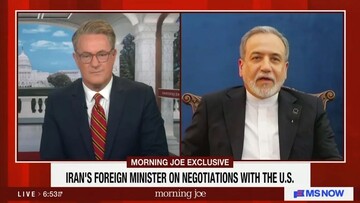
Iran will answer respect with respect, and force with force, Araghchi tells US media
TEHRAN – In an interview with MS NOW, Iranian Foreign Minister Abbas Araghchi described ongoing talks with the U.S. as productive and dismissed the threat of force as a viable option.
-
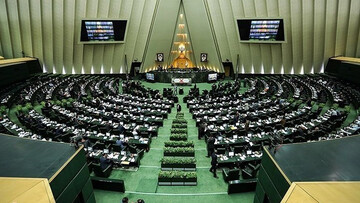
MPs voice support for Leader’s remarks
TEHRAN - Members of the Iranian Parliament have, in a statement, expressed their backing for recent comments by Leader of the Islamic Revolution Ayatollah Ali Khamenei by reaffirming their obedience to his instructions.
-
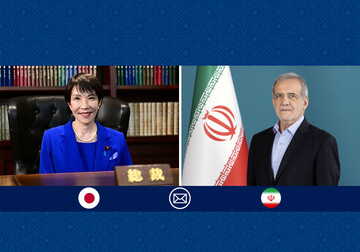
Pezeshkian sends congratulatory message to Japanese PM on National Day
TEHRAN - Iranian President Masoud Pezeshkian has sent a message to Japanese Prime Minister Sanae Takaichi, expressing congratulations to Japan on National Day.
Sports
-

Persepolis suffer third successive defeat at 2025/26 PGPL
TEHRAN – Persepolis football team suffered their third successive defeat in the 2025/26 Persian Gulf Pro League (PGPL) after a 2-1 loss to Kheybar Khorramabad on Friday in Tehran.
-

Iran to compete at 2026 Muhamet Malo
TEHRAN – Iran will send a skilled, credentialed roster of 12 athletes—three in men’s freestyle, nine in Greco-Roman—to the 2026 Muhamet Malo tournament in Tirana, Albania.
-

Shock exit: Esteghlal part ways with Sa Pinto
TEHRAN - Esteghlal have parted company with Portuguese coach Ricardo Sa Pinto in a surprise move, despite previously announcing plans to continue their cooperation.
Culture
-
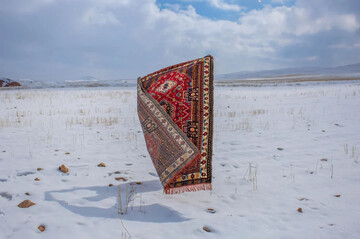
Iranian photographers shortlisted for Sony World Photography Awards
TEHRAN – The Sony World Photography Awards, organized by the World Photography Organization, has revealed the shortlisted photographers in its Open competition 2026, with two Iranians in the list.
-
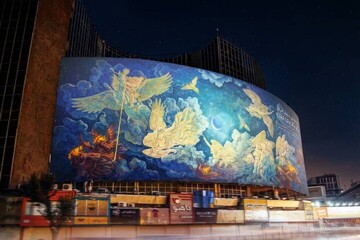
New mural in Tehran unveiled to mark holy month of Ramadan
TEHRAN- Tehran’s Valiasr Square mural was refreshed with a new design, as the holy month of Ramadan commenced across the country,
-
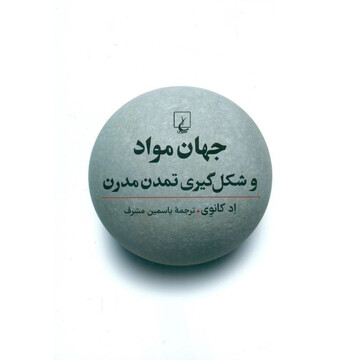
Ed Conway’s “Material World: A Substantial Story of Our Past and Future” published in Persian
TEHRAN – The Persian translation of the book “Material World: A Substantial Story of Our Past and Future” written by Ed Conway has been released in the bookstores across the country.
Economy
-

Tehran, Dushanbe set $1b trade target, deepen industrial, mining ties
TEHRAN – Iran and Tajikistan have set a target of raising bilateral trade to $1.0 billion in the near future and agreed to expand joint investments and establish shared industrial plants, as senior officials from both sides moved to deepen economic and mining cooperation.
-

Over 100m tons of petroleum products transported annually
TEHRAN – More than 100 million tons of petroleum products are transported across Iran each year, accounting for around 17 percent of total freight movement in the country, a senior road transport official said.
-
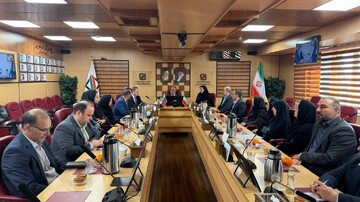
Iran, Russia customs officials meet in Tehran to streamline trade procedures
TEHRAN – Customs delegations from Iran and Russia met in Tehran to expand training cooperation and facilitate customs clearance and supervision procedures, officials said.
Society
-

‘Russia interested in boosting scientific co-op with Iran’
TEHRAN – A Russian official has voiced his country’s interest in expanding scientific and academic ties with Iran to further technological cooperation between the two countries.
-

Knowledge-based firms to attend NextTech Week Tokyo
TEHRAN – An Iranian delegation of knowledge-based companies will participate in the NextTech Week exhibition, scheduled for April 15 to 17 at Tokyo Big Sight, Japan.
-

Iran ready to beef up tech ties with India in key sectors
TEHRAN – Information and Communication Technology (ICT) Minister Sattar Hashemi, in a meeting with Indian Minister of Electronics and Information Technology, Jitin Prasada, has voiced the country’s readiness for the expansion of scientific and technological ties with India in key sectors, particularly artificial intelligence (AI), cybersecurity, and digital economy.
Tourism
-
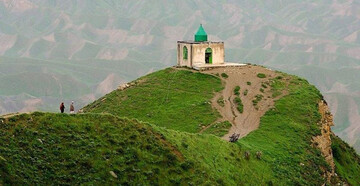
Khalid Nabi cemetery blends archaeology and pilgrimage
TEHRAN – Surrounded by vast skies, green hills in spring, and golden grasses in late summer, Khalid Nabi Cemetery stands as one of northern Iran’s most distinctive heritage destinations. It embodies a convergence of myth, memory, landscape, and identity—where pilgrimage, archaeology, and tourism meet on a remote mountain ridge overlooking Turkmen Sahra.
-
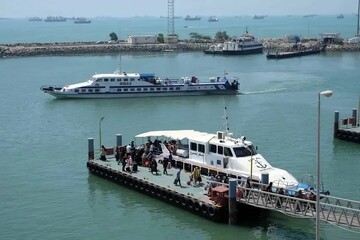
Iran plans maritime tourism line linking southern ports
TEHRAN – Iran’s Ports and Maritime Organization is planning to launch a maritime tourism line connecting the country’s southern ports, an official said on Thursday.
-
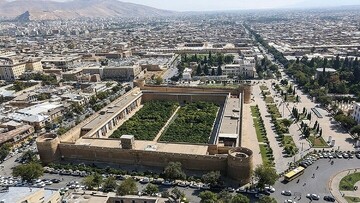
Shiraz historical fabric plan registered in national archives
TEHRAN - A plan outlining integrated regulations for the protection, management and development of the historical fabric of Shiraz has been officially registered by the National Library and Archives of Iran, authorities said.
International
-

Prince Andrew's Epstein arrest: A nightmare the British monarchy can't escape
TEHRAN – The recent arrest of Andrew Mountbatten Windsor, the former Prince Andrew and younger brother of King Charles III, has plunged the British monarchy into an unprecedented crisis.
-

West Asia on the brink: Lebanon caught between elections and regional escalation
SOUTH LEBANON — Lebanon’s unusual political stillness reflects more than routine paralysis; it mirrors a regional storm gathering beyond its borders.
-

Military analysts: Palestinian resistance reposition forces in Gaza
TEHRAN - Reports suggest that the Palestinian resistance has begun quietly redeploying fighters closer to the frontline in Gaza.
Most Viewed
-
A war US could start—but not control
-
Iran exists today because of its missiles, says former UN weapons inspector
-
Iran’s missiles ensure survival — Scott Ritter on why the Islamic Republic stands strong
-
Iran will answer respect with respect, and force with force, Araghchi tells US media
-
Saudi Arabia to replace Israel with Syria in fibre-optic project, report says
-
Governance in the rubble: Why Hamas still holds Gaza
-
Iran ready to beef up tech ties with India in key sectors
-
Prince Andrew's Epstein arrest: A nightmare the British monarchy can't escape
-
Trump directs release of ‘highly complex’ files on ‘alien life’
-
‘Russia interested in boosting scientific co-op with Iran’
-
Tehran, Dushanbe set $1b trade target, deepen industrial, mining ties
-
Iran, Russia customs officials meet in Tehran to streamline trade procedures
-
Israeli settlers shoot dead 19-year-old US citizen in occupied village
-
Over 100m tons of petroleum products transported annually
-
Military analysts: Palestinian resistance reposition forces in Gaza





